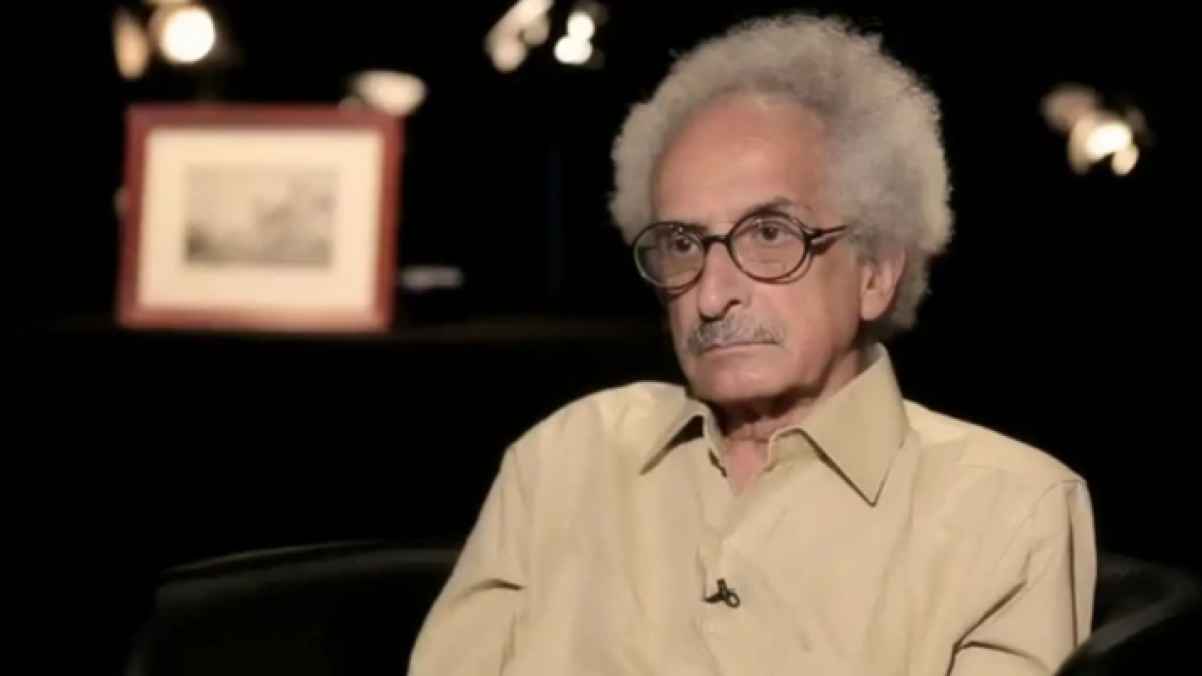Arabic literature bids farewell to one of its pillars: the passing of Egyptian novelist Sonallah Ibrahim

Egyptian novelist and writer Sonallah Ibrahim passed away on Wednesday morning in a Cairo hospital at the age of 88, due to complications from severe pneumonia, leaving behind an exceptional literary and human legacy. Considered one of the foremost pillars of contemporary Arabic literature and a leading figure in Egypt’s narrative scene, Ibrahim’s name has been tied to acclaimed novels and short stories—some listed among the “Top 100 Arabic Novels”—with many of his works translated into several world languages.
Minister of Culture mourns “an exceptional literary figure” Egyptian Minister of Culture Dr. Ahmed Fouad Heny expressed deep sorrow over Ibrahim’s death, affirming that the literary world has lost a creative voice who carried the concerns of the nation and humanity, known for his profound vision and constant engagement with major causes. “With his passing, we lose one of the pillars of Arab narrative, a creator whose works became landmarks in the Arab library and who inspired generations of writers and creators,” Heny said.
Life and career Born in Cairo in 1937, Ibrahim grew up in a reading-loving environment thanks to his father, who supplied him with books and encouraged his curiosity. He studied law before turning to journalism and political activism, joining the Egyptian Communist organization “Hadto.” In 1959, he was arrested and imprisoned for five years. After his release, he worked at the Egyptian News Agency, then at the German News Agency in East Berlin from 1968 to 1971, before studying cinematography in Moscow. He returned to Cairo in 1974 and dedicated himself fully to writing from 1975 onward, embarking on a prolific literary career.
Timeless works and ongoing debates Ibrahim’s writings were known for their historical documentation, political and social commentary, and frequent use of autobiographical elements. Among his most notable novels are Sharaf, The Committee, Zaat, Beirut Beirut, Star of August, and Amerikanli. In 2003, he stirred controversy by refusing to accept the “Arabic Novel Award” from Egypt’s Supreme Council of Culture, yet he received several prestigious honors, including the Ibn Rushd Prize for Freedom of Thought (2004) and the Cavafy Literary Award (2017).
With the passing of Sonallah Ibrahim, Arab culture loses a writer who undertook the mission of preserving the national and Arab memory, leaving an enduring mark on readers’ hearts.
